Are you feeling overwhelmed after receiving a school decision that didn't go your way? Navigating the appeals process can seem daunting, but with the right approach, you can effectively communicate your concerns and present your case. By crafting a well-structured letter, you can highlight new information or perspectives that may not have been considered initially. Join us as we explore essential tips and templates to help you create a compelling appeal letter!
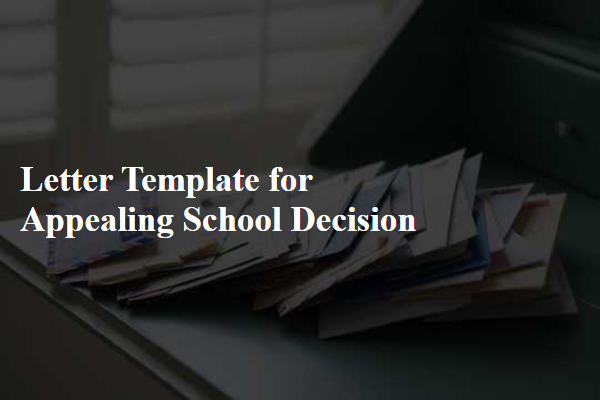
Address and Recipient Details
An appeal to a school decision often involves addressing specific concerns regarding academic policies or disciplinary actions. In this context, key elements such as "school decision" (the outcome of a disciplinary action or academic evaluation), "appeal process" (formal procedure for contesting decisions), and "academic integrity" (the ethical code governing student behavior) must be accurately conveyed. The appeal process typically occurs within a designated timeframe, often ranging from 14 to 30 days (varying by institution), following the notification of the school's decision. Schools frequently provide a point of contact, such as a principal or a dean, who oversees the appeals, ensuring that all review procedures align with institutional policy outlined in the student handbook. Clear articulation of the grounds for appeal, supported by relevant documentation (such as transcripts, incident reports, or witness statements) is essential for the review committee at the education institution to consider the student's case thoroughly. Additionally, appealing for reconsideration may involve a formal written format, detailing personal experiences and explaining the rationale that warrants a review of the original decision. An effective appeal letter often reflects the student's commitment to academic integrity while respectfully urging for a reconsideration of the initial ruling, which may have significant implications for their educational journey and future opportunities.
Clear Reason for Appeal
Students often face challenges when school decisions impact their educational journey. A clear reason for appeal typically includes elucidating specific circumstances that led to the initial decision, such as academic performance, behavioral incidents, or eligibility criteria. For instance, a student may appeal a suspension due to a misunderstanding during a specific incident at Smith High School in Springfield, which occurred on March 15, 2023. Highlighting any relevant documentation, like witness statements or grades from previous terms, can strengthen the appeal. Emphasizing the student's commitment to their education and outlining steps taken to mitigate the situation can also be persuasive in appealing decisions made by educational authorities.
Supporting Evidence and Documentation
An appeal for a school decision often requires substantial supporting evidence and documentation to strengthen the case. Essential elements include academic records, such as transcript details (course grades, GPA), attendance logs (overall percentage, any noted absences), and behavioral reports (specific incidents, disciplinary actions). Additional documentation may involve letters of recommendation from teachers or counselors emphasizing the student's capabilities, along with personal statements outlining the student's perspective on the decision. Moreover, relevant policies from the school handbook (specific regulations, timelines for appeals) should be referenced to demonstrate understanding of procedures. Including external evaluations (psychological assessments, learning disability documentation) can provide further context to the appeal. Each piece of evidence collectively contributes to a comprehensive argument advocating for a reconsideration of the initial decision.
Emotional and Personal Impact
A recent decision made by Sunnydale High School regarding the disciplinary action against students has generated significant emotional turmoil among the affected individuals and their families. Many of these students have reported feelings of anxiety and depression as a direct consequence of the consequences imposed (suspension or expulsion). The sense of isolation from peers during this critical academic period has led to a decline in motivation and self-esteem. In addition, several parents expressed concern over the long-term impact on their children's educational trajectory, fearing that a permanent record of disciplinary action may hinder their future opportunities (college admissions, scholarships). A community meeting at the local library saw over 50 parents and students come together to voice these concerns, further illustrating the widespread impact of this decision. Psychological studies indicate that punitive measures in an educational environment can lead to these adverse emotional responses, emphasizing the need for a more supportive approach to discipline.
Closing and Request for Reevaluation
In a closure of a school program, students and parents can feel a range of emotions, particularly when the decision appears abrupt or unjust. The charter school, known for its innovative approaches to education in Los Angeles, announced in June 2023 the termination of its arts program, a vital component facilitating creative expression for over 200 students. Many parents, advocating for their children's artistic development, argue that this decision disregards the importance of the arts in skill-building and mental well-being. A concise request for reevaluation can emphasize substantial community support demonstrated by a petition with 500 signatures, highlighting the program's role in enhancing academic performance and personal growth among students. These valid concerns merit attention from the school board, urging a formal reconsideration process to maintain a balanced educational experience.

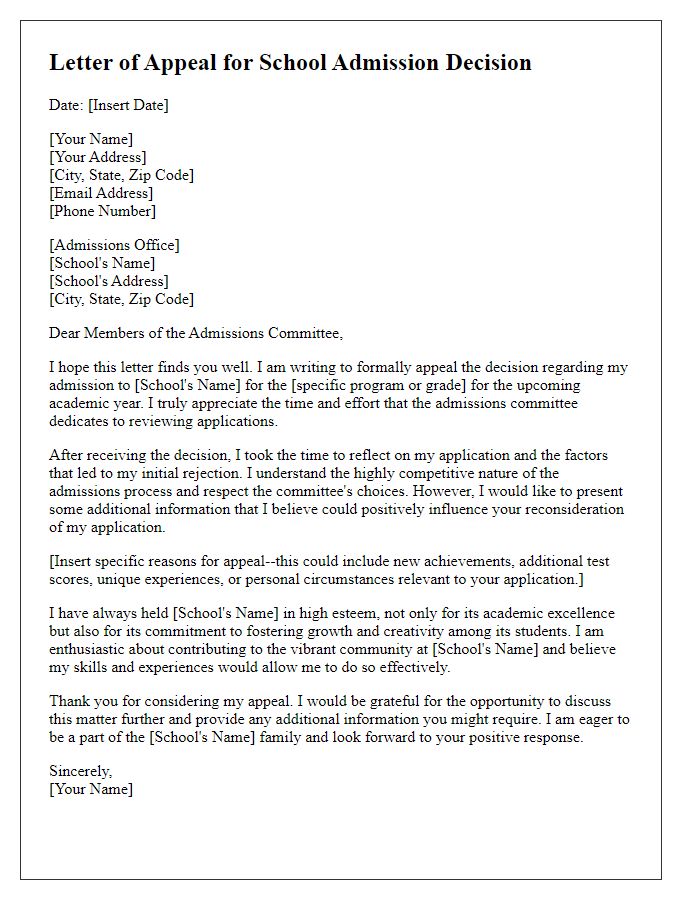
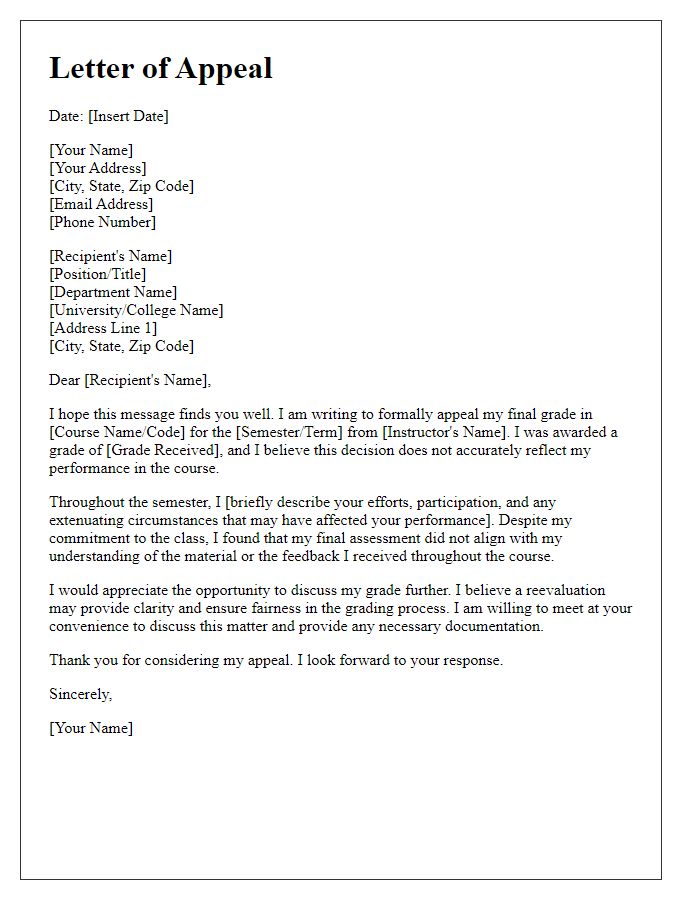
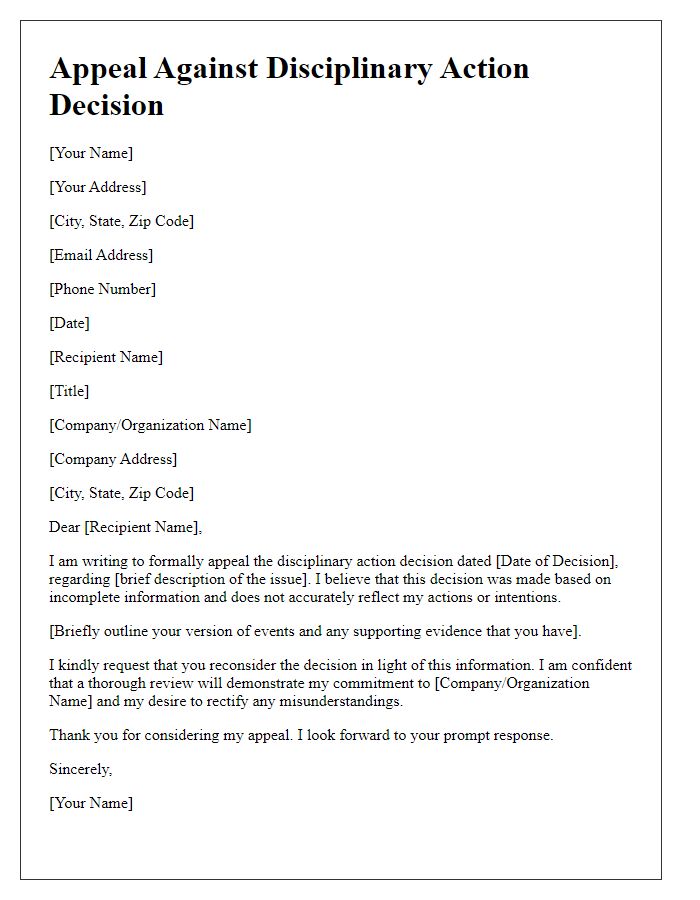
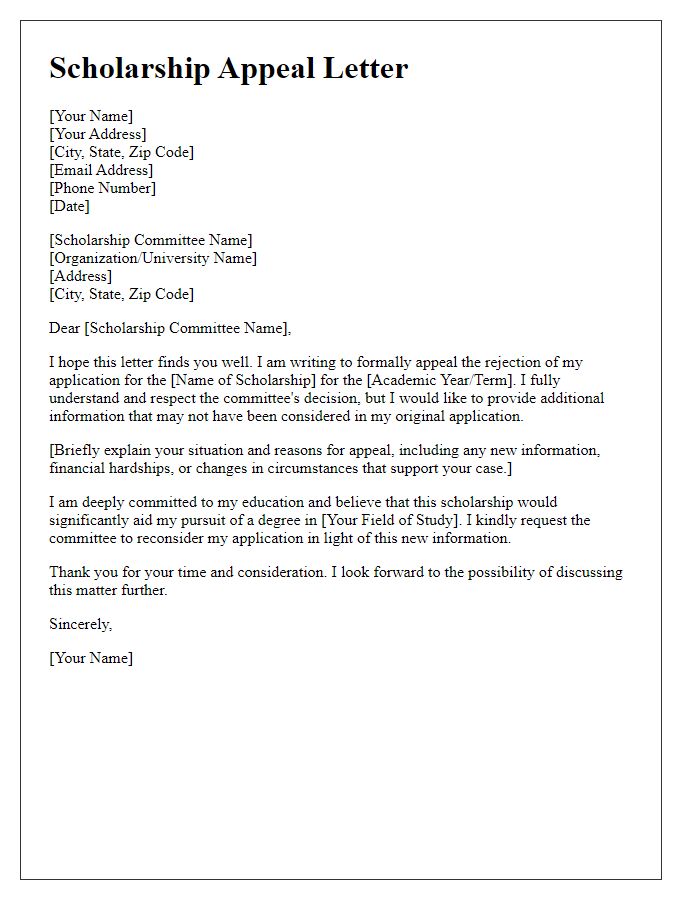
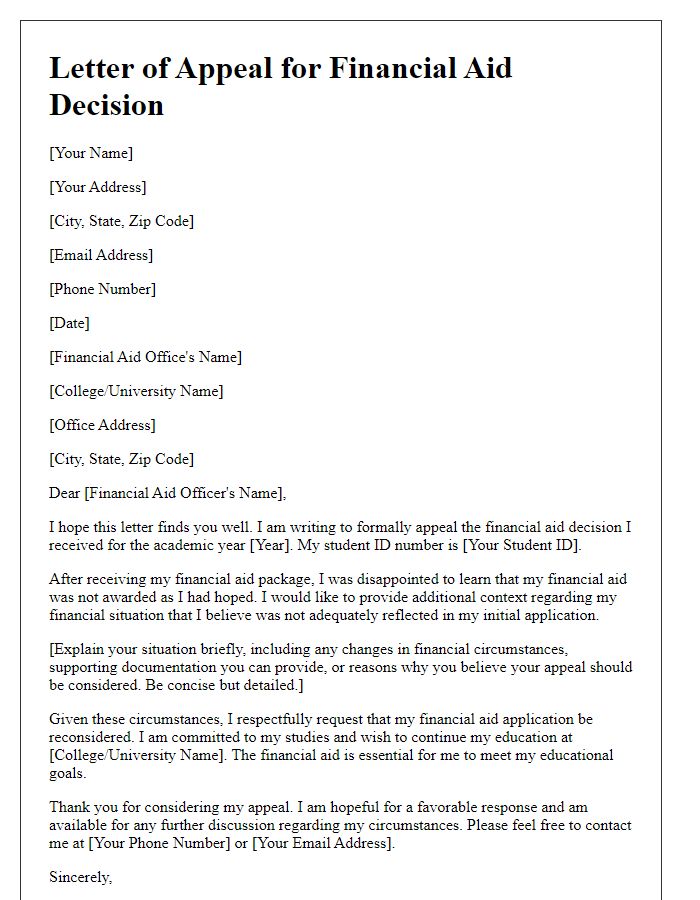
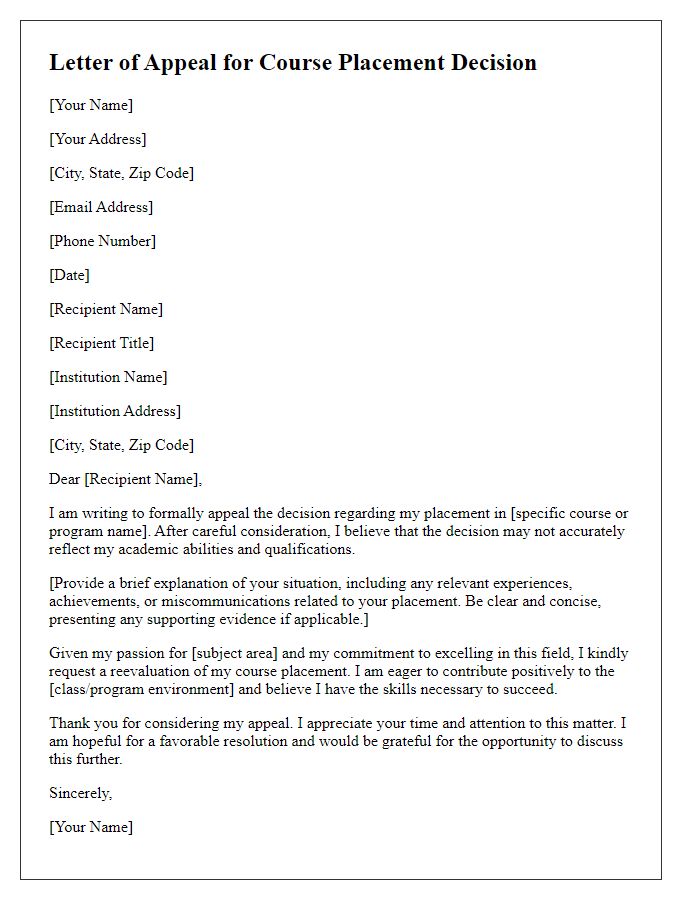
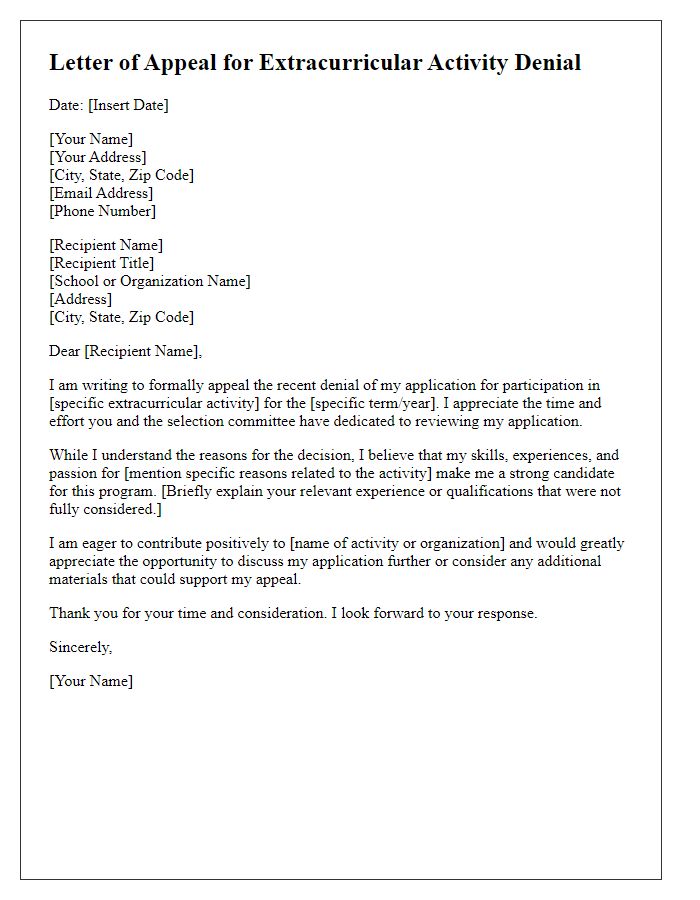
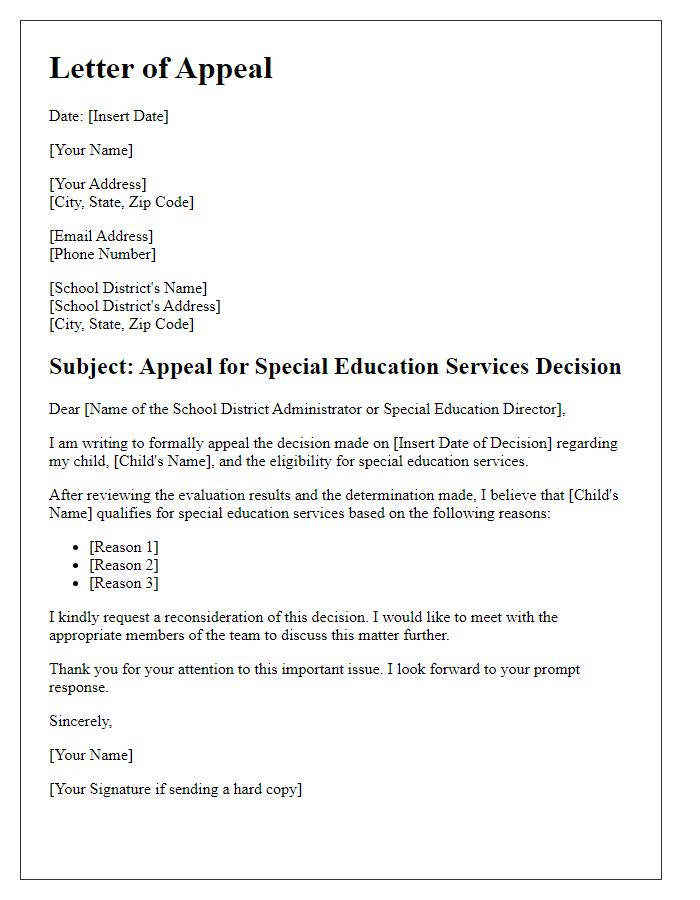
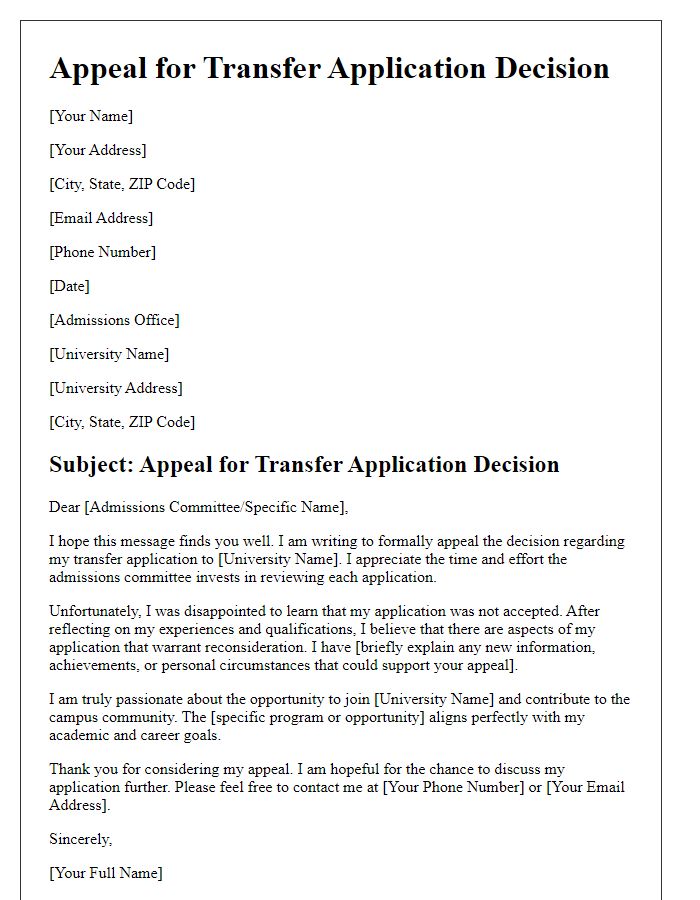
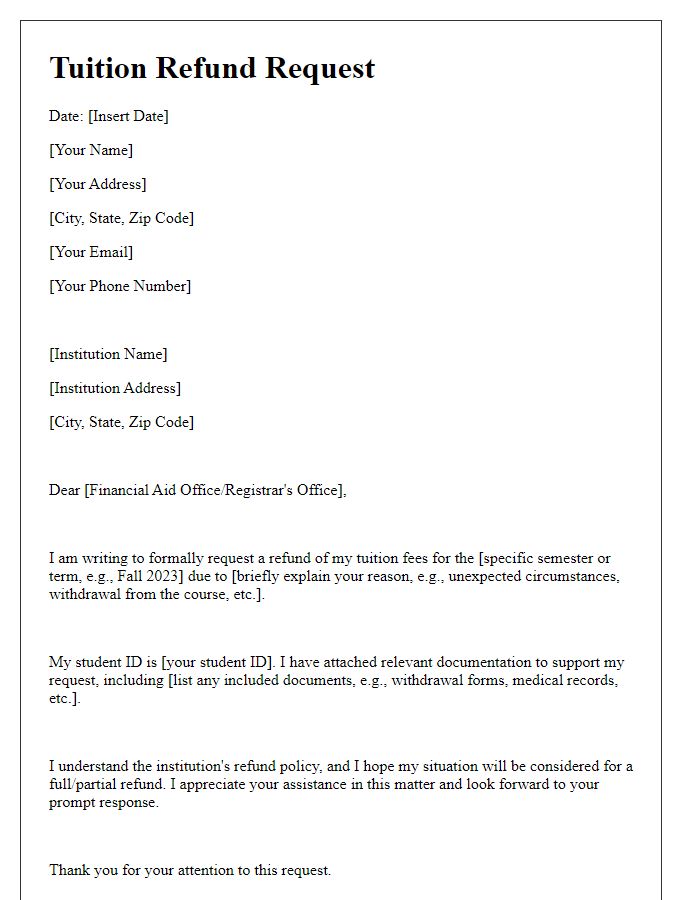


Comments